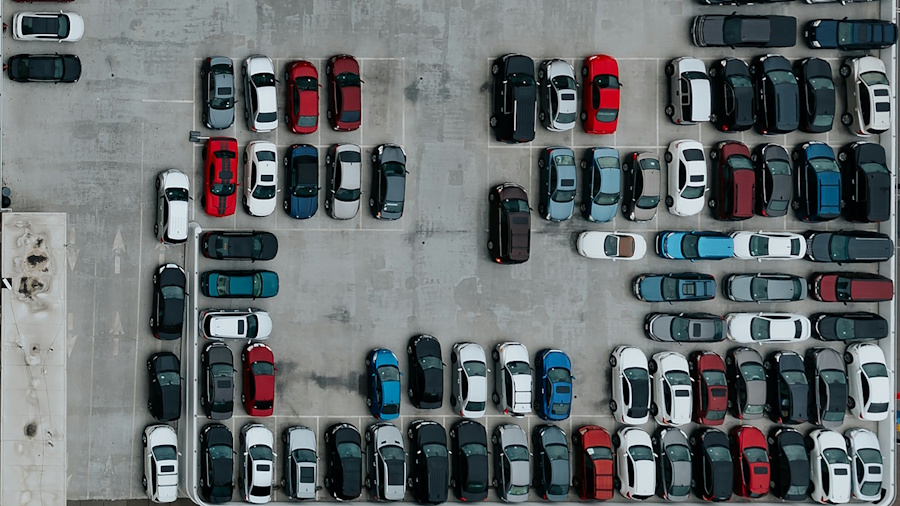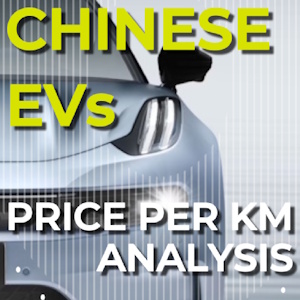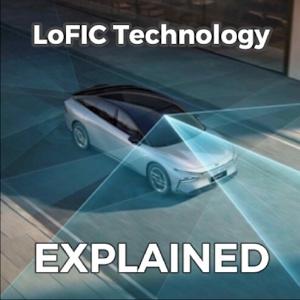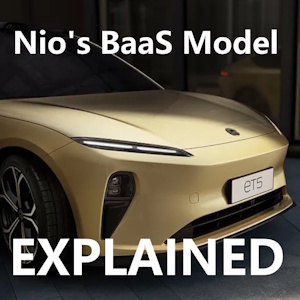Germany’s automotive market continued its shift towards electrification in August 2025. According to the Federal Motor Transport Authority (KBA), 207,229 new cars were registered, a 5% increase compared to the same month last year. Pure electric vehicles made up almost 40,000 of those registrations, reaching a market share of 19%. This represents a remarkable year-on-year growth of around 46%. At the same time, average CO₂ emissions fell by nearly 11% to 105 g/km, showing the impact of electrified drivetrains on Germany’s fleet mix. Plug-in hybrids also saw strong momentum, climbing by almost 20% compared to the same period last year.
More From ElectricFleet: New MG Models Coming to Europe
German Manufacturers
Among German brands, performance in August was mixed. BMW and Audi stood out as clear market leaders with shares of 15.3% and 13.2% respectively. VW also posted a solid 6% growth. Together, BMW, Audi, and VW made up more than one-third of the total market. However, not all German brands shared in the positive trend. Smart suffered a sharp 36% decline, Opel dropped around 10%, Porsche slipped by 9.7%, and even Mercedes recorded a slight dip of 1.5%.
Imported Brands
Several imported marques recorded strong gains. From the EU, Seat stood out with a 20% increase, closely followed by Škoda with 14,472 vehicles, representing about 7% of the market. French and Stellantis brands such as Renault, Dacia, Citroën, and Fiat also grew, while Peugeot slipped by nearly 12%.

Asian manufacturers were more subdued. Kia declined by 11.5%, Hyundai by 7.2%, and Toyota by 6.6%. In contrast, Ford, the strongest US importer, improved its registrations by more than 10%.
More From ElectricFleet: Zeekr 7X Full Specs and Price in Europe
Tesla, however, continues to face difficulties in Germany. The company registered only about 1,441 vehicles in August, a steep decline of almost 40% compared to last year. Looking at the year-to-date figures, Tesla’s drop is even more dramatic, with more than 50% fewer registrations than in 2024.
Chinese EV Manufacturers in Germany
Chinese brands are steadily gaining traction in Germany’s EV market. MG Motor led the field with 2,140 vehicles, a share of around 1% of total registrations. BYD followed with 1,114 vehicles or fivefold more than in August 2024. Leapmotor is another winner with 826 new registrations, an impressive feat for a company that’s been in the German market for less than a year.

Other brands also showed strong growth momentum, with Polestar surging 80% and Xpeng reaching 283 new sales, which is amazing result for a brand that’s only been on the market for a year, with EVs starting at 43,000 €. On the flip side, Nio recorded a decline of more than 30% compared to the previous year.
More From ElectricFleet: Mifa 7 And Mifa 9 Are Electric MPVs With Room For Seven And Comfort To Spare
FAQ
Q: How many EVs were registered in Germany in August 2025?
A: Around 39,400 battery-electric cars were registered, a year-on-year increase of about 46%.
Q: What is the current EV market share?
A: Pure EVs accounted for 19% of new registrations, while plug-in hybrids added another 11%, bringing the total share of plug-in vehicles to more than 30%.
Q: Why did CO₂ emissions fall?
A: The average dropped to 105 g/km (–10.9%) thanks to the rising share of electric and hybrid vehicles.
Q: Why is Tesla struggling despite EV growth?
A: Tesla saw a decline of nearly 40% in August and over 50% for the year to date, with analysts pointing to brand image challenges and growing competition.
Q: Which Chinese EV brands are gaining ground in Germany?
A: MG Motor, BYD, and Leapmotor are expanding steadily, while Polestar and Xpeng are showing exceptional growth rates.











